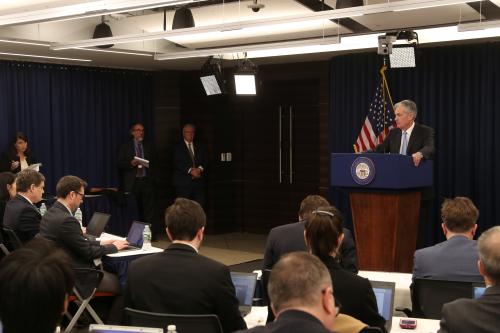Abstract
This article examines the economic impacts of the Bush Administration’s proposal to make its recent tax cuts permanent. Making the tax cuts permanent would be regressive and would dig a fiscal hole over the next 75 years that is as big as the combined social security and medicare trust fund shortfalls over the same period. This would raise uncertainty about future policy and it highlights that a key issue is how the tax cut would be financed. If it were financed with deficits, the tax cut would reduce long-term growth. If it were financed by spending cuts, it may increase growth, but the spending cuts would likely be regressive, in which case lower and moderate income households could actually be worse off. In addition, the required spending cuts are monumental and hence extremely unlikely to occur. Because of the salience of the financing issue, no proposal to make the tax cut permanent should be considered unless the financing is specified as well. The Administration has not specified how its tax cut would be financed.
The Brookings Institution is committed to quality, independence, and impact.
We are supported by a diverse array of funders. In line with our values and policies, each Brookings publication represents the sole views of its author(s).



Commentary
Should the President’s Tax Cuts be Made Permanent?
March 8, 2004